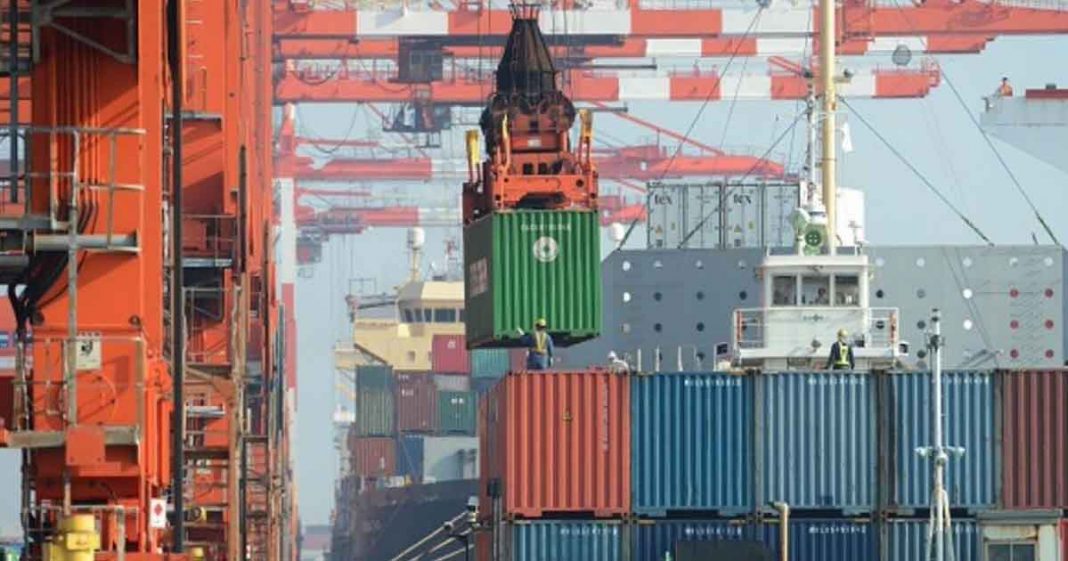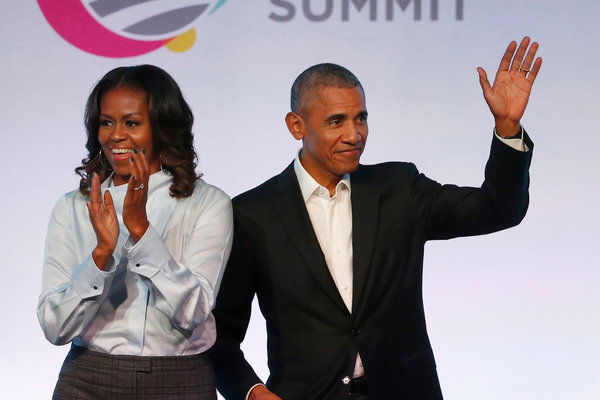United States President Donald Trump has introduced tariffs on exports from dozens of trading partners, including a 19 per cent tariff on Pakistani goods — revised from the previous 29pc — a day after the two countries finalised a trade agreement.
According to an executive order detailing the tariffs, it was announced that Pakistan is set to face a 19pc tariff rate as Trump’s tariff deadline comes to an end on August 1 (today).
The order listed higher import duty rates of 10 to 41pc starting in seven days for 69 trading partners as the 12:01am EDT (9:01am PKT) deadline approached.
What we know so far:
- Pakistani goods exported to US to now be taxed 19pc as part of Trump’s global tariffs
- The rate is lower than the proposed 29pc after trade talks with US
- Finance ministry sees major opportunity to expand Pakistan’s footprint in US market
- Official notes Pakistan ‘possibly only country’ offered investments alongside
- Levies for 68 other trading partners range from 10-41pc, with India facing 25pc tariff
- Canada’s duties raised to 35pc; Brazil slapped with 50pc; China facing Aug 12 deadline
Late on Wednesday night, a Pakistani delegation led by Finance Minister Muhammad Aurangzeb in Washington, DC, finalised a trade agreement with the US, expected to lower tariffs, although no figure was announced. Trump also said Washington would help Islamabad develop “massive oil deposits”.
In its statement issued today, the finance ministry said the government was “pleased to announce the successful conclusion of tariff-related discussions” with the U
“As per the outcome of these talks, a tariff of 19pc will be applicable for Pakistani exports to the US market,” it said.
The statement noted that the decision reflected a “balanced and forward-looking approach by the US authorities, keeping Pakistan competitive relative to other South and Southeast Asian countries”.
“In particular, this tariff level is expected to support Pakistan’s export potential, especially in key sectors such as textiles, which remain the backbone of the country’s export economy,” the ministry highlighted.
In the first 11 months of the outgoing fiscal year (FY), exports to the US rose by 11.06pc to $5.552 billion from $4.999bn a year earlier. In FY24, Pakistan’s textiles exports to the US reached $5bn representing 92pc of its overall exports to that country.
The ministry said it belived that the current tariff arrangement presented a “significant opportunity to expand Pakistan’s footprint in the US market”. “It is now essential for Pakistani exporters and trade bodies to adopt an aggressive and focused marketing strategy to capitalise on this development,” it stressed.
The ministry also pointed out a “substantial potential for growth in other sectors”, affirming that the government was committed to facilitating exporters through policy support, market intelligence and trade promotion initiatives.
“The Government of Pakistan looks forward to further positive engagements and close cooperation with the United States in the areas of investment, artificial intelligence, cryptocurrency, mines & minerals, energy, and other emerging sectors.
“Pakistan will continue to engage closely with President Trump and the US administration to promote the shared goals of economic development and mutual prosperity,” the statement asserted.
It appreciated the “constructive engagement” of the US authorities and acknowledged the valuable role played by its team, including the commerce ministry and the Pakistan Mission in Washington DC, and other public and private sectors stakeholders.
In a recorded video statement, Aurangzeb said he and his team had a “very constructive final round of discussions” with US Commerce Secretary Howard Lutnick and Trade Representative Jamieson Greer, which the “led to finalising the trade deal”.
“Trade and investment have to go hand in hand,” the finance czar stressed, adding that the “bilateral and strategic partnership has come up prominently”.
Giving insights on the process, the minister pointed out the private sector’s role as it was the “first constituent” to volunteer in helping to reduce the trade imbalance.
Terming it a “win-win situation” again for the future, Aurangzeb said: “I think we are in a good place today […] in terms of where we have arrived before August 1.”














